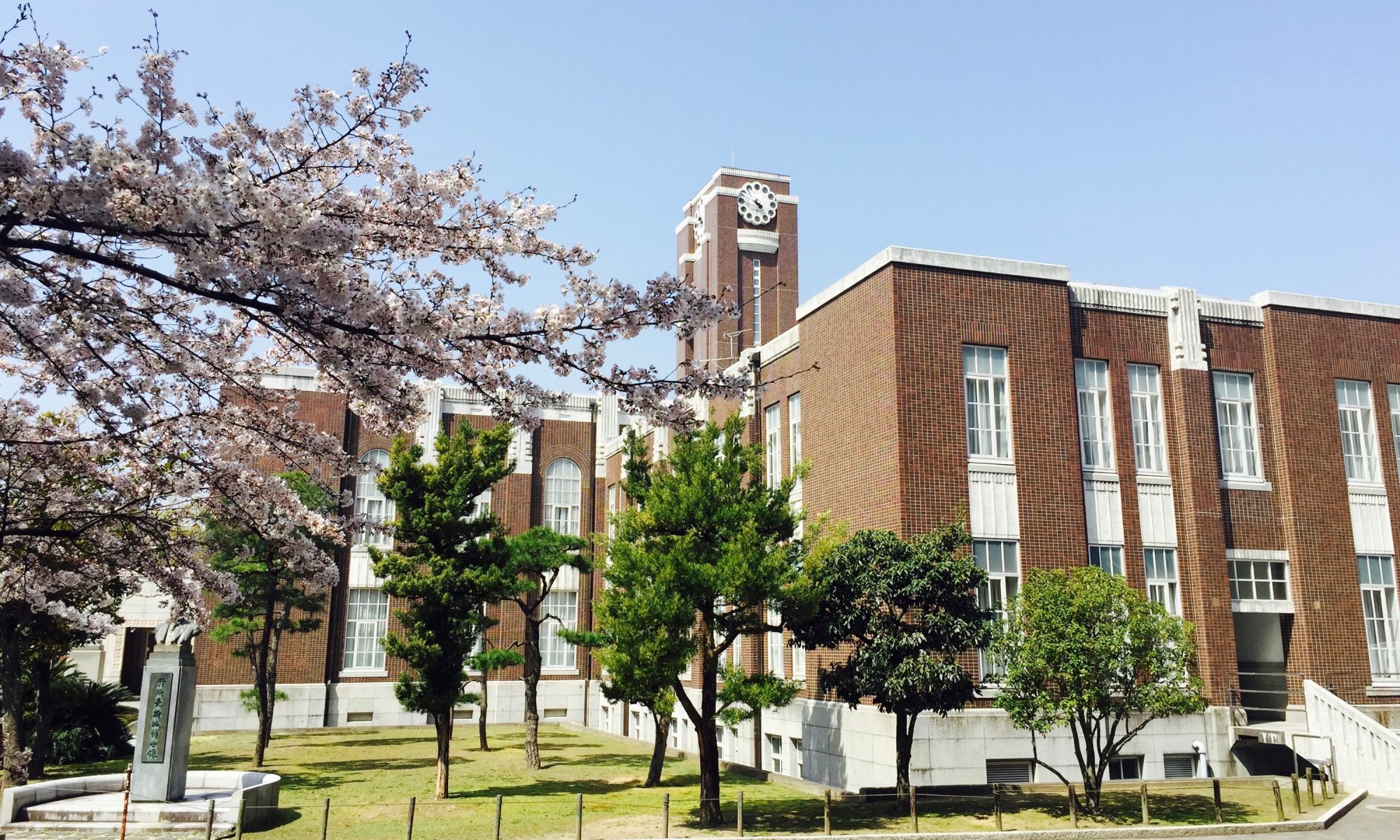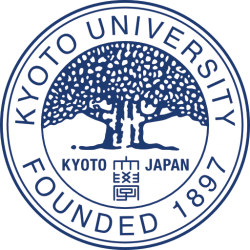Academic Staff

Position
Program-specfic Senior Lecturer
Contact Information
+81 75…
Kyoto University
Graduate School of Letters
Yoshida honmachi, Sakyō-ku
Kyoto 606-8501
Room: TBA
TBA
Kjell ERICSON has a background in history with a focus on Japan and science and technology. He teaches courses within the KBR and SEG foci, for example, about human-animal relations or Japanese history, in addition to core skill seminars on academic writing.
PhD, East Asian Studies (History of Science Interdepartmental Graduate Certificate), Princeton University
M.A. in East Asian Studies, Stanford University
History of Science and Technology, Environmental History, Trans-Pacific Histories, Japanese History, Animal Studies, Fisheries and Aquaculture
Nature-culture distinctions and blurrings, migration, transplantation, material cultures, marine creatures, seas and coasts, “terraqueous” histories
My research lies at intersections of environmental history and the history of science and technology. I have related historical interests in animal studies, ocean and maritime history, and more-than-human histories of migration and transplantation. At present I have two primary projects. The first project rethinks aquacultural history by tracing the simultaneously global and coastal histories of Japan’s Shima region, which has been reshaped by saltwater pearl cultivation since the late nineteenth century. A second project, conducted jointly with Professor Matthew Booker of North Carolina State University and the United States National Humanities Center, follows the transpacific dynamics of a massive twentieth-century trade in living “seed” oysters between Northeastern Japan and the North American Pacific Northwest.
2018 – Present
Program-specific Senior Lecturer, Center for the Promotion of Interdisciplinarity in Education and Research (CPIER)/Graduate School of Letters, Kyoto University
2017 – 2018
Postdoctoral Fellow (Japan Society for the Promotion of Science), Institute for Research in Humanities, Kyoto University
2016 – 2017
Visiting Assistant Professor, Department of History, Connecticut College
2015 – 2016
Postdoctoral Fellow, Council on East Asian Studies, Yale University
[1] Ericson, K. 2021. “Judging the Perle Japonaise: The Techno-Legal Separation of Culture from Nature in 1920s Paris,” Technology and Culture 62 (4): 1032-1062.
[2] Ericson, K. 2020. “The Misaki Marine Biological Station’s Dual Roles for Zoology and Fisheries, 1880s– 1930s,” in Why Study Biology by the Sea?, ed. Karl S. Matlin, Jane Maienschein and Rachel A. Ankeny (University of Chicago Press).
[3] Ericson, K. 2020. “The Life and Times of Patent No. 2,670: Industrial Property and Public Knowledge in Early Twentieth Century Japan,” in Patent Cultures: Diversity and Harmonization in Historical Perspective, ed. Graeme Gooday and Steven Wilf (Cambridge University Press).
The following information is neither exclusive nor comprehensive but covers suggestions and ideas for topics I am interested in supervising.
Possible areas of supervision (SEG)
- Envirotech approaches
- History of Japan (broadly defined)
- History of the corporate form
- Multispecies/more-than-human approaches
- Relationship between agri/aquaculture and migration (“transplantation studies”)
Spring Term
Advanced Skills for Humanities Research in English (KBR/SEG/VMC).
What Is Transcultural History? (SEG).
Issues in Environmental History: Nature, Knowledge, Place, and Surroundings (SEG).
Fall Term
Modern East Asian History (KBR/SEG).
Historical Seminar: Animals and Borders (KBR/SEG).
Transnational Japanese History Seminar: Migration, Labor, and Environment (KBR/SEG).
Weekly Writing Practicum (KBR/SEG/VMC).

